Tillerson will skip his first meeting with NATO’s foreign ministers, amid growing anger over the Trump administration’s closeness to Moscow. Tillerson, the former ExxonMobil executive, received the Friendship Award from Russian president Vladimir Putin in 2013.
He will not attend a meeting of NATO foreign ministers in April but will travel to Russia, the US State Department has confirmed. “In April [Tillerson] will travel to a meeting of the G7 in Italy and then on to meetings in Russia,” the State Department statement confirmed.
Reuters broke the news that Tillerson will not attend the NATO meeting, but meet instead with Chinese president Xi Jinping at President Trump’s Mar-a-Lago resort. Tillerson met with Xi last weekend in Beijing to discuss the growing threat from North Korea’s nuclear ambitions.
The US Secretary of State has already questioned the wisdom of sanctions against Russia that he said could harm American businesses. The Trump administration also recently declared that Germany “owes vast sums of money to NATO”.
The North Atlantic Treaty Organisation was created in 1949 to serve as a bulwark against the Soviet Union, which no longer exists and that has deprived its supporters of a raison d’etre.
The decisions to skip the NATO meeting and to visit Moscow are therefore feeding resentment in anti-Russian US Democratic as well as Republican circles. “It feeds this narrative that somehow the Trump administration is playing footsy with Russia,” one former US official who spoke on condition of anonymity, told the Guardian.
“If reporting is accurate, Donald Trump’s Administration is making a grave error that will shake the confidence of America’s most important alliance and feed the concern that this administration simply too cozy with Vladimir Putin,” a ranking Democrat on the House Foreign Affairs Committee, said in a statement.
“I cannot fathom why the Administration would pursue this course except to signal a change in American foreign policy that draws our country away from western democracy’s most important institutions and aligns the United States more closely with the autocratic regime in the Kremlin.”
Another ranking member of the House intelligence committee, also expressed his outrage: “I have to hope that that story is not true. We’ve already sent a terrible message to NATO. The only message frankly that has gotten through from this administration to NATO is not that we support you, not that we value you or thank our NATO allies for coming to our assistance in Afghanistan and Iraq where NATO soldiers have stood by, fought by and died with our own troops, but rather pay up. That’s the only message we’ve delivered.”
Unhinged Democratic Representative Jackie Speier likened Russian President Vladimir Putin to a tarantula in “the middle of a spiderweb” who is “entrapping many people to do his bidding to engage with him”.
She also called Russia’s alleged election hacking an “act of war” despite a glaring lack of evidence.
Meanwhile the president of Germany’s Federal Intelligence Service Bruno Kahl claimed that it is Moscow who is responsible for militarisation of Europe. The Russian military threat has grown, and it cannot be regarded just as defense against the West, Kahl said recently.
“The Russian threat has grown. Therefore, we take it very seriously. This is not only a propaganda threat, it is the return of the entire topic of conventional weapons to the agenda,” Kahl told Spiegel magazine. He added that Russia has seriously increased its presence on the western border.
“Russia doubled its military power on the western border. This is not just Iskanders. There are many flying vehicles in the Crimean region, conventional armed forces. All this can not be regarded as a defense from the West. This should be seen as a potential threat,” Kahl said.
But NATO has planned the deployment of no less than four multinational battalions in the Baltic states and Poland by June 2017. NATO has been steadily building its military presence in Central and Eastern Europe ever since 2014, using alleged “Russian aggression” as a pretext.
Around 4 000 NATO troops with tanks, armored vehicles, air support and high-tech intelligence centers will be arriving in Poland, Latvia, Lithuania and Estonia.
Russia has repeatedly voiced its concern over the increased number of NATO troops near its borders. “The alliance is known to have deployed hundreds of military bases along the rather big perimeter around Russia. The real increase in the number of NATO troops in countries neighboring Russia through permanent rotation of contingents as well as the lack of the constructive dialogue with us urge Russia to take serious retaliatory steps,” Russia’s Ambassador to Lithuania Alexander Udaltsov said in February.
Apart from the buildup on its borders, Moscow is also concerned by the new US ground-based missile defense system in Eastern Europe and increased presence of NATO vessels in the Black Sea.
In February, Russian President Vladimir Putin blamed NATO for endangering international peace by trying to provoke a conflict with Moscow through its “newly-declared official mission to deter Russia”.


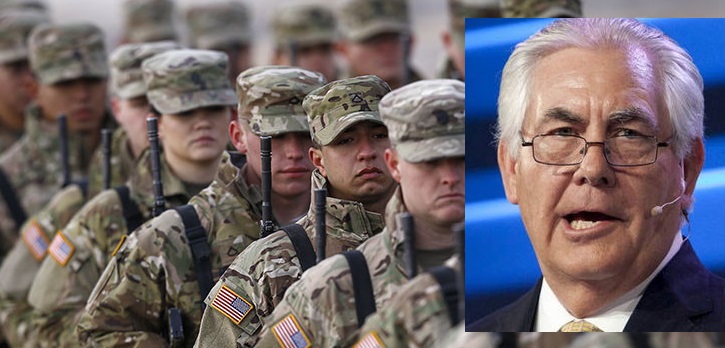

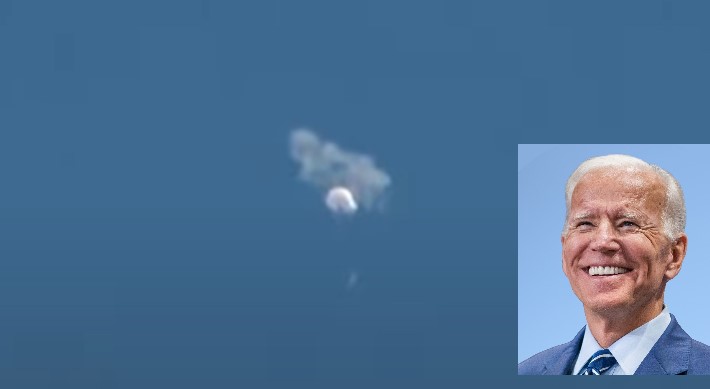


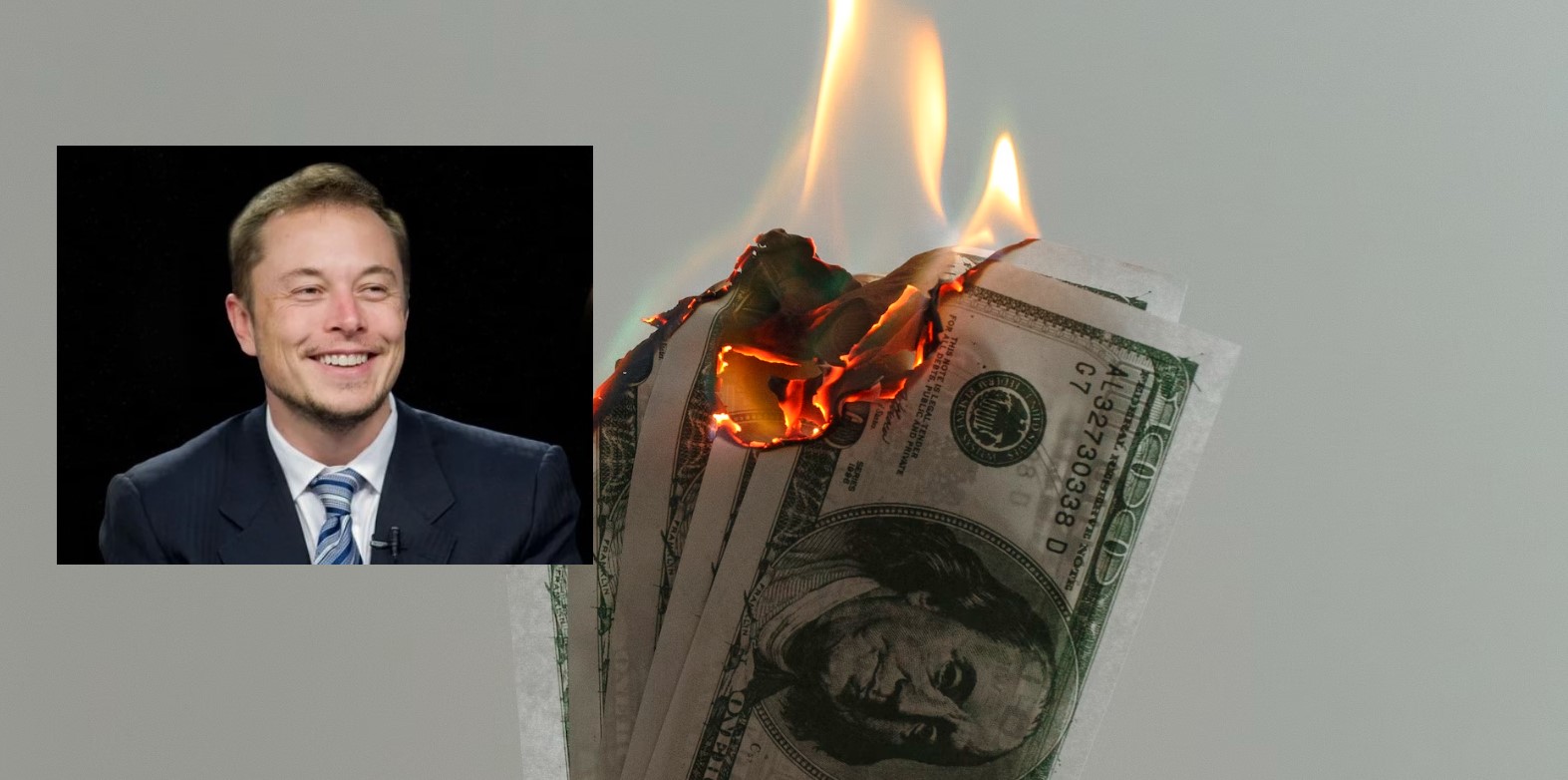


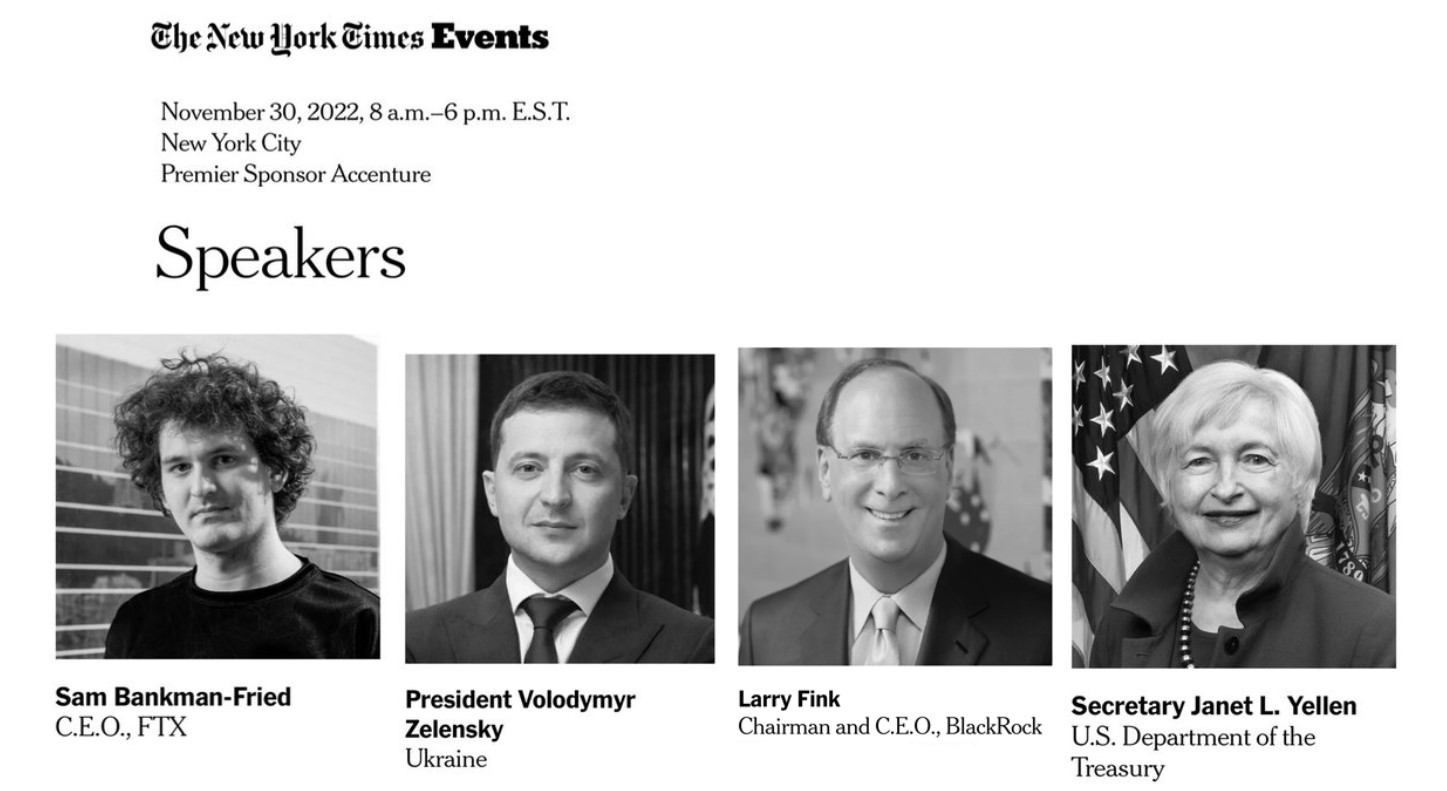

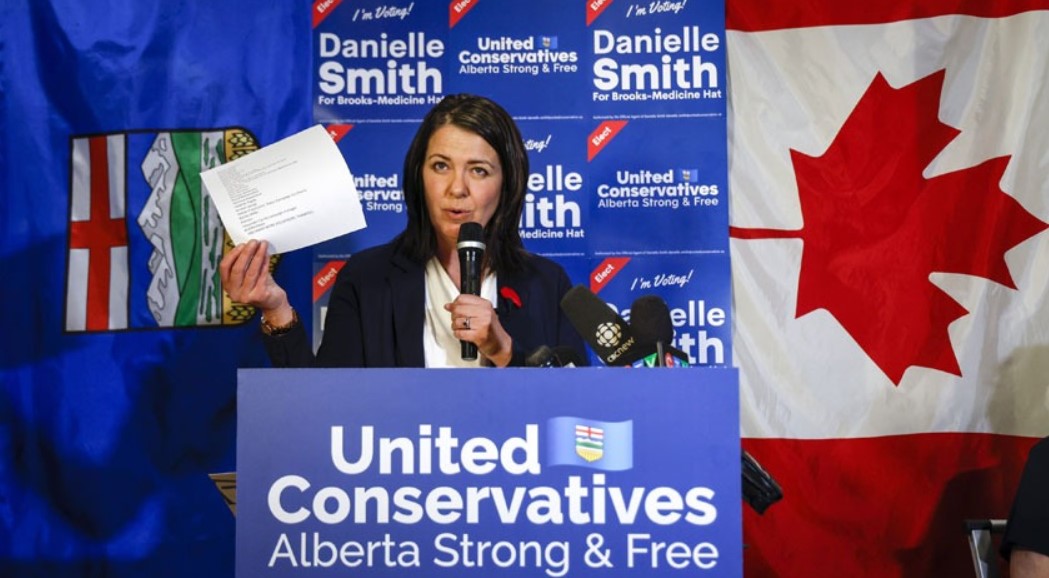
No comments.
By submitting a comment you grant Free West Media a perpetual license to reproduce your words and name/web site in attribution. Inappropriate and irrelevant comments will be removed at an admin’s discretion. Your email is used for verification purposes only, it will never be shared.